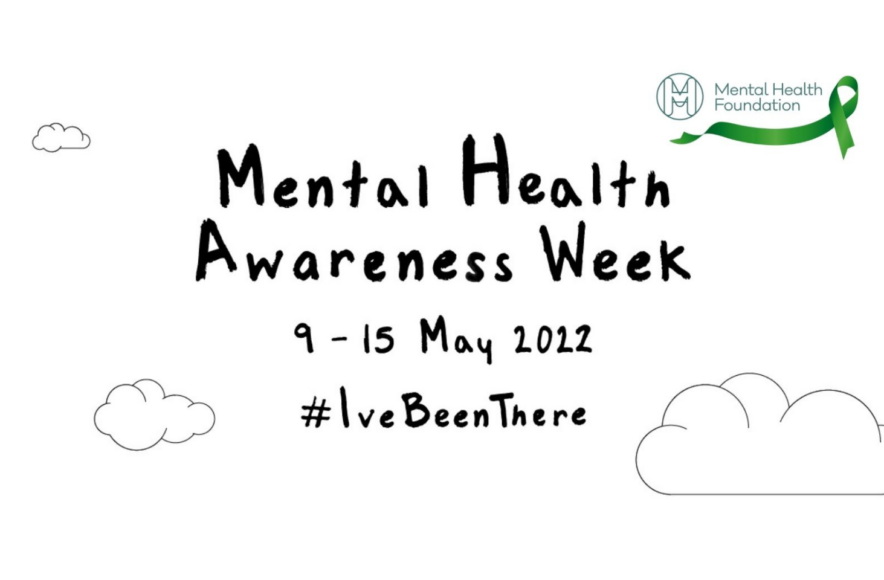Common mental health conditions for people with learning disabilities and autism

How common are mental health conditions?
One in four people will experience some kind of mental health condition in England each year.
Someone’s diagnosis might change several times throughout their lifetime, based on the symptoms they’re experiencing rather than a test like a blood test or a scan.
Approximately 50% of mental health disorders begin before the age of 14, so children’s mental health is also really important.
If you or someone you know needs free mental health support, Samaritans are available online, on the phone, via post and text message 24 hours a day.
Some of the most common mental health conditions include:
- Depression
- Anxiety Disorders
- Obsessive Compulsive Disorder
- Psychosis (schizophrenia, bipolar disorder, paranoia, PTSD and other forms of psychosis)
- Eating Disorders
- Dementia
Learning disability and mental health
Evidence suggests that mental health conditions amongst people with learning disabilities may be double that of the general population.
There are several reasons why people with learning disabilities are more likely to experience poor mental health.
These include:
- Biological factors – pain, physical ill health and taking multiple types of medication can all contribute to poor mental health. Some genetic syndromes are associated with specific mental health problems e.g. Prader Willi syndrome. (Joint Commissioning Panel for Mental Health 2013; NICE, 2016).
- Negative life events – people with a learning disability may be more likely to experience deprivation, poverty, abuse and other negative life events earlier on in life (NICE, 2016).
- Fewer resources – lack of social support and reduced coping skills are associated with depression and anxiety in people with a learning disability (Austin et al., 2018). This can increase the stress and burden felt by people with a learning disability when they are exposed to negative life events (Bond et al., 2019).
- Other people’s attitudes – stigma and discrimination can become internalised, which can result in psychological distress (Ali et al., 2015; Pelleboer-Gunnink et al., 2019).
More information: mental health resources and an easy read guide to mental health from Learning Disability Wales
Physical health and mental health
Physical health problems can affect people’s mental health and vice versa.
Around 30% of all people with a long-term physical health condition also have a mental health problem, most commonly depression or anxiety.
Loneliness and isolation links to mental health problems like depression as well as poorer physical health.
Inflammation can cause chemical changes in the body that are now thought to cause depression and anxiety. Depressive symptoms most strongly associated with chronic inflammation include a flat mood, slowed thinking, avoidance, alterations in perception and metabolic changes.
Mental Health Awareness Week (9 – 15 May)
Mental Health Awareness Week was launched by the Mental Health Foundation in 2001. People are invited to take part by sharing their stories and experiences to reduce the stigma around mental health conditions.
This year’s theme is loneliness – find out how you can get involved at: https://www.mentalhealth.org.uk/campaigns/mental-health-awareness-week
Related: Zack’s Story – Loneliness
- Alison Worsfold is Head of Healthcare and Mike Brent is Head of Quality and Safeguarding at United Response.